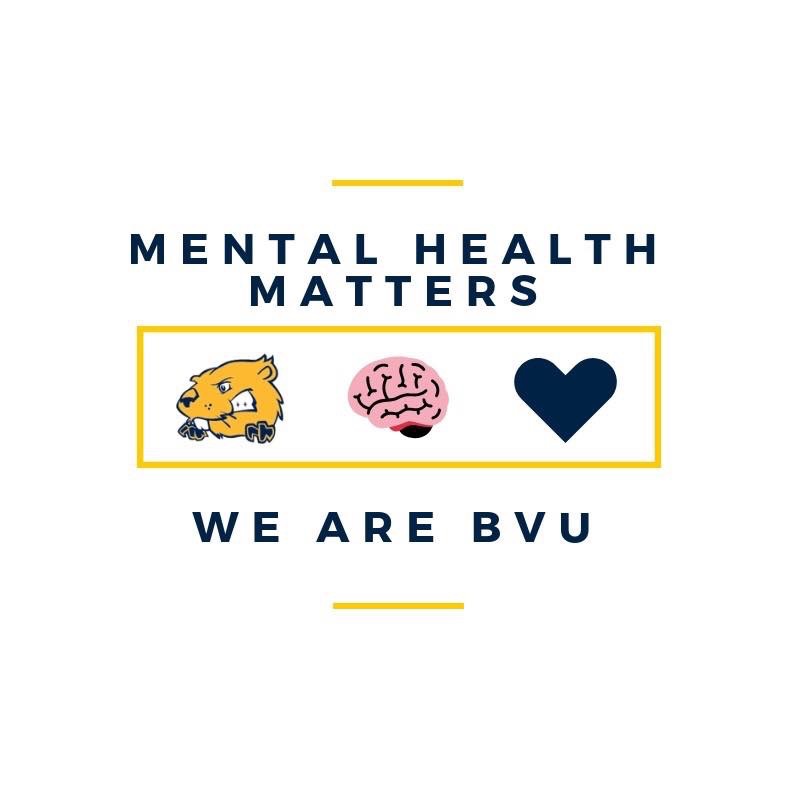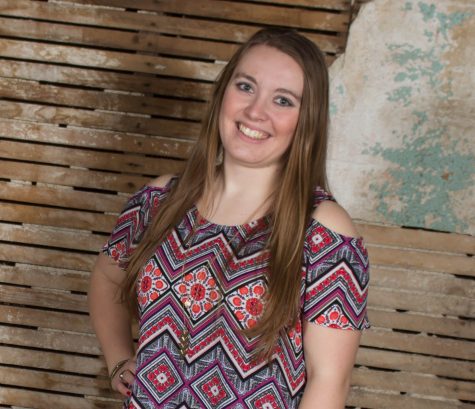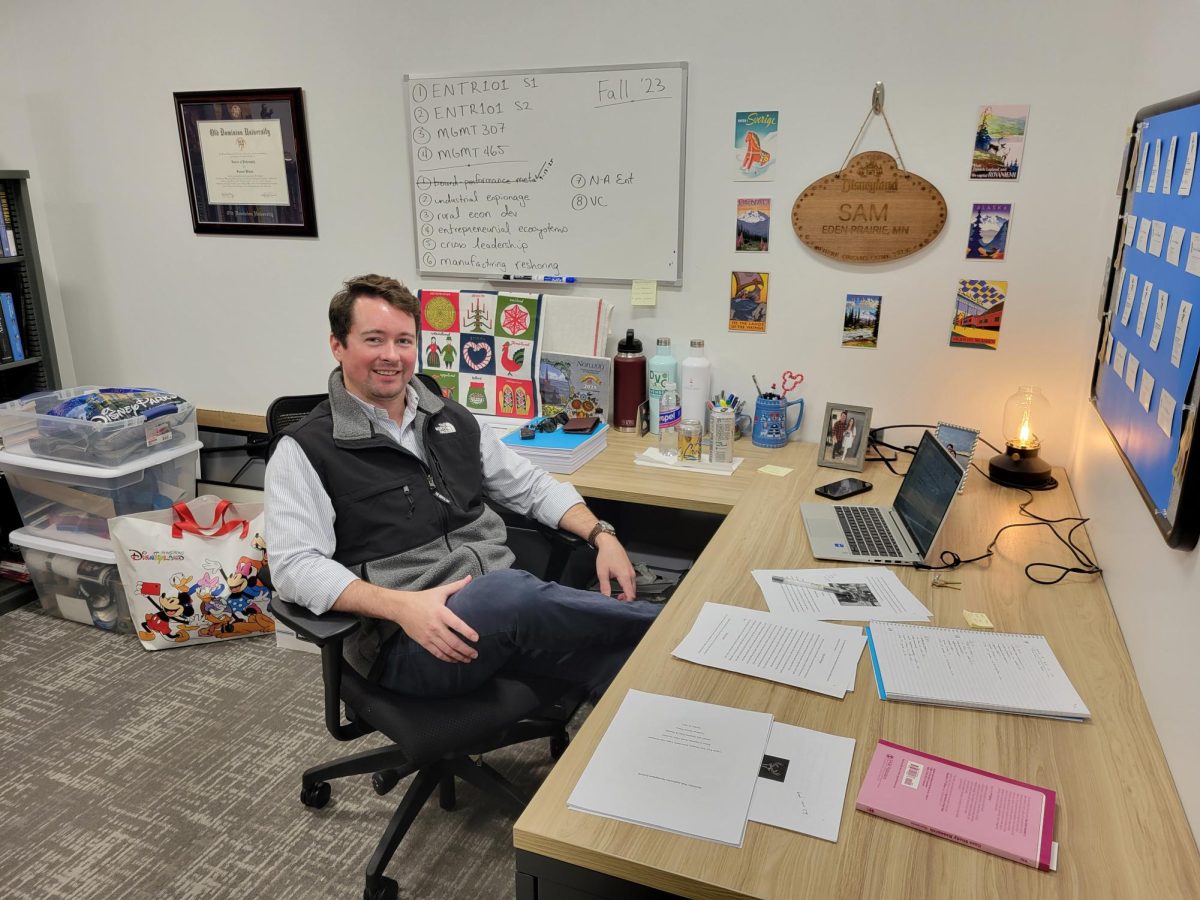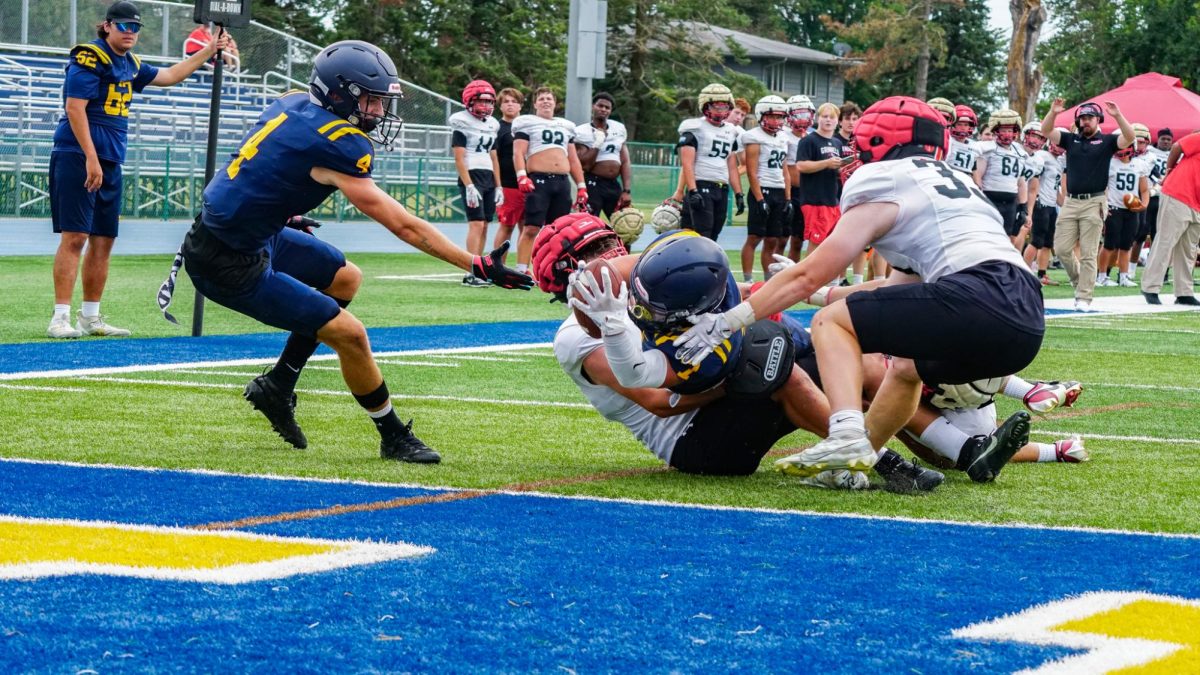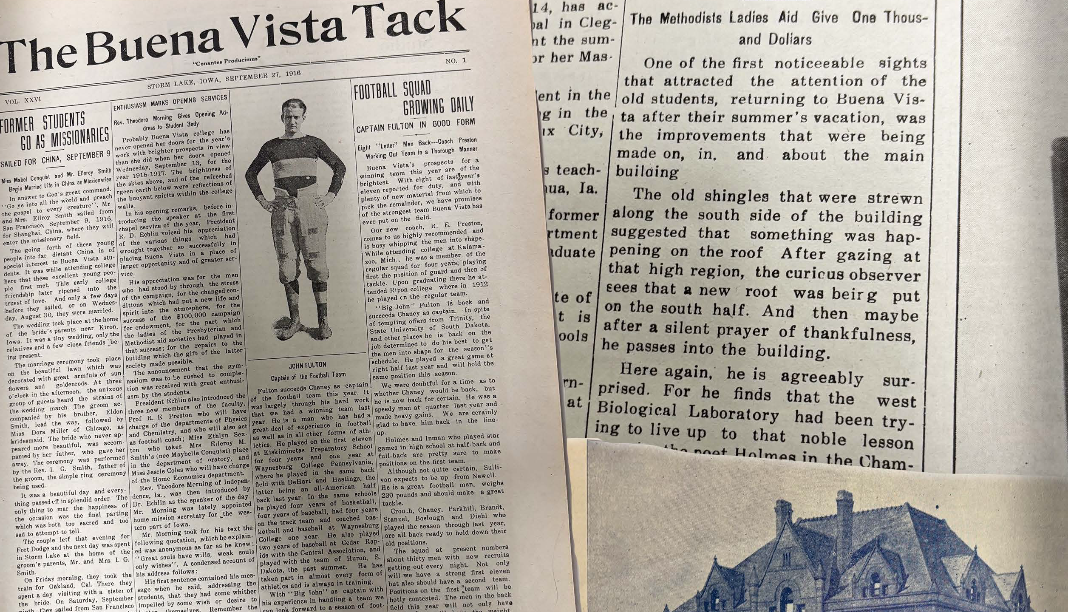BVU Student-Athletes Push for Mental Health Literacy on Campus
October 2, 2018
On Sept. 18, the Buena Vista University Student-Athlete Advisory Committee (BVU SAAC) announced its plans to promote mental wellness and mental health literacy, especially among student-athletes, for the current academic year.
According to the 2016 NCAA GOALS (Growth, Opportunity, Aspirations, and Learning of Students in College) study, approximately 30 percent of student-athletes self-reported as intensely overwhelmed within a month, one-third reported difficulty finding energy for other tasks, and one-quarter reported being mentally exhausted due to the demands of the sport.
SAAC’s plans to bring mental health awareness to BVU athletes came from SAAC President Hannah Appleseth. A graduate student in BV’s mental health counseling program, Appleseth has reviewed research and literature showing the problem many college students have with mental health.
“There’s a huge problem with help-seeking among all people in general, especially college students. But there is a bigger problem with student-athletes not seeking out help if they’re having mental issues or mental health issues.”
Appleseth referred to the University of Michigan’s survey, which found that only ten percent of student-athletes seek mental health services, compared to 30 percent of all students. She said this is caused by the stigma for athletes to be strong all the time.
“There’s just kind of this idea, if you’re an athlete, that you have to be mentally tough. You have to be strong. You have to be all these things,” said Appleseth. “And some people think it’s not okay to say that they’re having this mental health issue, because then that makes them weak.”
Appleseth’s intention for the initiative is to promote preventative care and mental health literacy. She wants to help student-athletes to be able to recognize signs and symptoms for mental illnesses, so they might be able to practice coping methods or be able to help out a friend or teammate. And her biggest goal is to open up the conversation.
“No one’s afraid to go get help when they have a physical injury. If you’re having pain here, no one’s afraid to go to the athletic training room and say that,” Appleseth said. “So why are more people not willing to say ‘I have been having these mental symptoms and signs. I need to talk to someone; I need help,’ or ‘this is the kind of week I’ve been having.’ Because I guarantee that if they had a sprained ankle, they wouldn’t be walking around on it not telling anyone about it.”
The first event SAAC is planning as a part of their mental health awareness is group meditation led by senior wrestler Brad Kerkoff on October 7 at 8 p.m.
Kerkoff began meditating during the fall of his freshman year to elevate his performance in wrestling. Today, he meditates daily for all aspects of his life. Kerkoff says that Appleseth has seen him meditate multiple times, so she approached him about showing others how to do it and the benefits it has.
“I was all for it right away,” Kerkoff said. “I know what it’s done for me, and I know what it can do for anybody that does it.”
Kerkoff often uses meditation whenever his feelings are unbalanced. He explained that meditation promotes self-awareness, which allows one to feel more relaxed and under control.
“There’s a common misconception about it that you’re making your mind still and clearing your mind and stopping all thought. And it’s definitely not what meditation is. Meditation is taking a step back from your thoughts and just letting them be what they’re going to be.”
Kerkoff explained how meditation works in an analogy. He said that people who are going about their daily lives are in a washing machine, and their thoughts and feelings are the clothes tumbling around. But in mediation, “you get out of the machine, and you just watch the clothes tumble around. So, you’re not shutting off the machine. You’re not pulling the clothes out. You’re not stopping thoughts and feelings. You’re just watching them. It’s about awareness.”
Meditation is just one part of SAAC’s mental health initiative. Appleseth is hoping to have events throughout the year to give student-athletes the chance to openly discuss mental health issues. She hopes that by starting the conversation with SAAC, other organizations will follow suit.
“We have the power to take this responsibility to show people that it’s okay and to start the conversation. I think that’s our main thing…and if this means other groups start doing stuff that promotes mental wellness and mental health literacy, that’s amazing.”
When it comes down to it, the sole purpose of SAAC’s mental health initiative is to provide a support system for those who are struggling. As Appleseth says, it’s about helping people.
“If that helps just one person, if that makes just one person’s life a little easier, that’s all we want. Because I think that’s the main thing is life does not have to be that hard. It doesn’t have to be this hard.”



